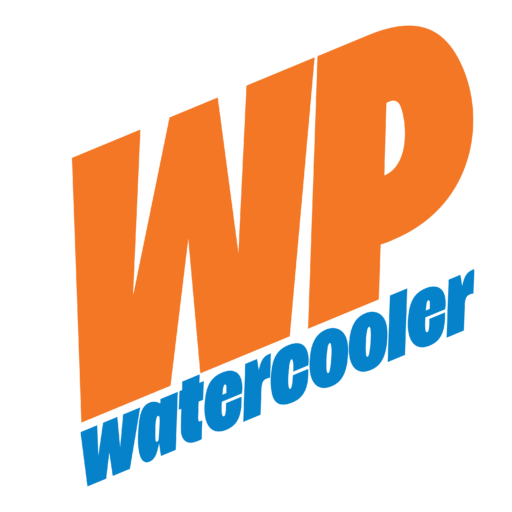On this episode of WPwatercooler, the panel dives into a comprehensive discussion about the Accelerated Mobile Pages (AMP) framework. The conversation begins with historical references to web performance and evolves to highlight the critical role speed plays in enhancing user experience. Panelists reflect on the evolution of AMP, contrasting it with past web practices, and emphasize its implications for the realm of web publishing. The episode underscores the diverse opinions on AMP, weighing its benefits against potential drawbacks, and positions it within the broader context of contemporary web development and design practices.
00:00 Introduction and Acknowledgment of Sponsors
00:32 Panel Introductions
01:21 Overview of Upcoming WordPress Meetups
02:16 Discussion on WordPress Meetup Groups
03:23 Introduction of Jason Tucker and Mention of Other Shows
04:09 Introduction to Plugin Palooza
05:40 Deep Dive into AMP: Benefits and Concerns
07:05 AMP Link Sharing and Its Implications
08:09 Importance of URL Display in Modern Browsers
08:47 AMP’s Three Core Concepts: Components, Scripts, and Caching
10:09 AMP’s Flexibility and Ownership vs. Other Platforms
11:10 Updates and Features of the AMP Plugin for WordPress
12:25 Reflecting on the Evolution of AMP
14:25 Challenges and Innovations in Mobile Web Development
16:26 AMP’s Impact on Design and User Experience
18:17 Importance of Speed and Performance in Web Publishing
20:32 The History and Legacy of Web Development Practices
22:55 Google’s Influence on Web Practices and Standards
24:16 The Return of ‘Turbo Mode’ in WordPress and Its Relevance
27:20 Closing Thoughts and Acknowledgment
Join us around the WPwatercooler!
00:00:00 Intro
00:03:15 WordCamp Orange County 2019 is officially launched! Mark your calendars for April 27th & 28th, 2019
00:07:11 Accelerated Mobile Pages Project – AMP
00:10:59 Real URLs for AMP Cached Content Using Cloudflare Workers
00:11:14 AMP + WordPress product site AMP for WordPress – Official AMP Plugin for WordPress
00:16:56 Malte, Tech Lead, taking about lessons learned and touching on the origin Standardizing lessons learned from AMP – AMP
00:19:35 WPtouch | WordPress.org
00:19:55 EP303 – WPwatercooler
00:30:14 WordPress Gears — The WordPress.com Blog









Leave a Reply